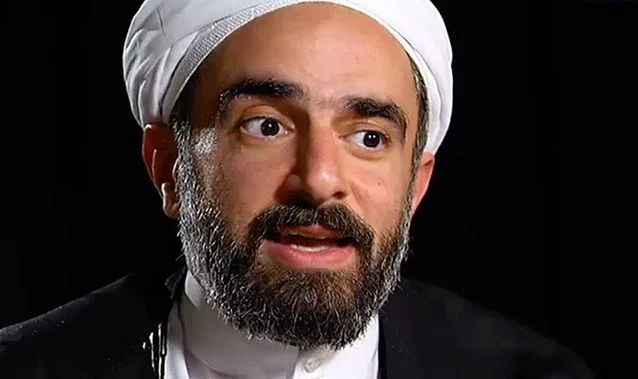I begin writing this introduction on the sixth night of Muharram 2018, exactly two years after the events that ultimately led to these articles, and about four months since public comments made in our community led me to consider it a responsibility to, also, address these issues publicly.
The following articles comprehensively references and evidences how grassroots and Institutional Islamophobia fuel each other in a vicious cycle used as a scapegoat for domestic and foreign policy; an agenda that has peaked with the campaign for Brexit in Britain and the election of Donald Trump in America.
In Britain, America, across Europe and the Western World Islamophobia is at an all-time high. It has long been fostered by mainstream politics and media as a scapegoat and a tool for domestic and foreign policy.
The UK’s current terrorism legislation began as a reaction to the 9/11 attacks in 2001 and in the 17 years since has reflected the growing Islamophobic political ideology of Britain. The legislation has repeatedly been found to breach human rights law and has had to be repeatedly changed.
As the timeline of legislation shows, there has been a proactive effort, especially since 2006, to expand the law and broaden the definition of terrorism to no longer centre on criminal violent terrorists, but focus on the entire Muslim community.
Experts say that “the point of everything we hear about ‘radicalisation’ ‘extremism’ and ‘terrorism’ is to get us to stop talking about politics. This is happening through the Prevent policy and the wider climate of de-politicisation and de-mobilisation that it is trying to foster.”
As has been extensively documented, the government is funding a network of Muslim individuals and organisations to facilitate its objectives within its Islamophobic “Counter-Extremism” strategy which focuses on “radicalisation” as “opposition” to British Values.
The following two examples will demonstrate how this network operates; from local extreme Islamophobes identifying and targeting local Muslim communities, who pick up local stories that are funnelled via Breitbart in to national and international media and politics.
They are being related here, not to get stuck in a pedantic or counterproductive debate about the particulars, but because collectively they tell several significant political stories.
To what extent should pro-Establishment, government-funded individuals like Mustafa Field be given a standing to provide advice and intervention in both the specific example of Muharram 2016 and the broader socio-political climate?
The next article in our series was to be about Best Practice, which I will now publish tomorrow. Instead today, I would like to reclarify a few points and also address some of the feedback I have received from the articles so far.
Whilst everyone would agree that this climate exists, Muharram 2016 saw a clear division on how to deal with it, especially when specific incidents occur. So, what is best practise when this happens?












